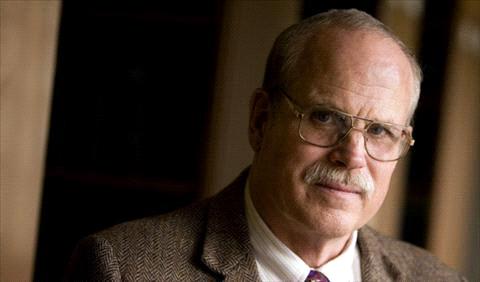I am sorry to hear that the Faculty at Al-Azhar has recommended discontinuing dialogue between Muslims and Christians. It is important to realize that there are very real differences among Christian groups. Some are very aggressive in their efforts to convert others to Christianity, or even to their particular type of Christianity. But more traditional Christian groups, who have lived in Jordan and the Middle East for centuries, typically do not engage in aggressive techniques of proselytizing.
Behind this drive for conversion is usually a belief that only Christians, or even only some Christians will go to heaven. Just as some Muslim groups, like the Kharijites in the past, have condemned non-Muslims and even other Muslims as kufar, so we find the same phenomenon in Christianity. Some Christian groups think that only Christians, or only some Christians, will go to heaven. Therefore they are eager to convert everyone else to their way of thinking. The Roman Catholic Church, to which I belong, does not hold that only Christians can go to heaven, and in fact has stated officially that Muslims and Christians together worship the one God.
Attempting to convert others is not really dialogue, but rather its opposite. The first purpose of dialogue is to acknowledge and respect the other’s right to be different and to hold his or her position in integrity. From there we seek to understand one another, to explore what we have in common, but also to consider our differences. Indeed, the differences are not just points of conflict, but can be points of complementarity, so that we can learn from each other. As Najm Abed Askori, a professor of physics in Kufa, Iraq, writes: “Flowers are many different colors but are beautiful to look at. If all flowers were yellow, we’d get tired of looking at them” (www.apeaceofmymind.net). Therefore, I see the use of dialogue as a cover for proselytizing as a betrayal of dialogue itself. It is essential in dialogue that we respect the other’s position, and not try to undermine it.
This leads me to the topic of Pope Benedict’s unfortunate comments on Islam in his speech at Regensburg. It is important to understand that the pope was speaking in that capacity as a private person, and not in his official capacity as the head of the Catholic Church. He has apologized for his remarks, and I also apologize. I do not think that his remarks at Regensburg represent either his personal position (he was quoting another person) or that of the Catholic Church. Indeed, he has spoken both before and after much more positively about Islam and Muslims. Here is what he said to some representative of Muslim communities at Cologne, Germany, on Aug. 20, 2005. He begins by quoting Vatican Council II (Nostra Aetate, The Document on Non-Christian Religions), which states official Catholic doctrine:
“The Church looks upon Muslims with respect. They worship the one God living and subsistent, merciful and almighty, creator of heaven and earth, who has spoken to humanity and to whose just decrees, even the hidden ones, they seek to submit themselves whole-heartedly, just as Abraham … submitted to God…Although considerable dissensions and enmities between Christians and Muslims may have arisen in the course of the centuries, the Council urges all parties that, forgetting past things, they train themselves towards sincere mutual understanding and together maintain and promote social justice and moral values as well as peace and freedom for all people.”
The pope then says “For us, these words of the Second Vatican Council remain the Magna Carta of the dialogue with you, dear Muslim friends, and I am glad that you have spoken to us in the same spirit…”
Since the pope’s speech at Regensburg, a very fruitful dialogue has begun between Catholics and Muslims. One result of this is the Muslim statement on “A Common Word. (www.acommonword.com).
My own experience in dialogue has been that attempts at proselytizing have been rare, and when they occur are an embarrassment to the group. The group here, sponsored by the local Islamic Center, has been going almost 20 years, has Muslim and Christian co-leaders, attracts about equal numbers of Muslims and Christians, and allows complete freedom of expression on all sides. It has never been my experience that Muslims were not allowed to speak freely about their faith. In this way, dialogue has led to bonds of respect, understanding, cooperation, and friendships between Muslims and Christians.
Dr. Terence Nichols
Co-Director of the Center for Muslim-Christian Dialogue
University of St. Thomas
St. Paul, Minnesota, U.S.A.
